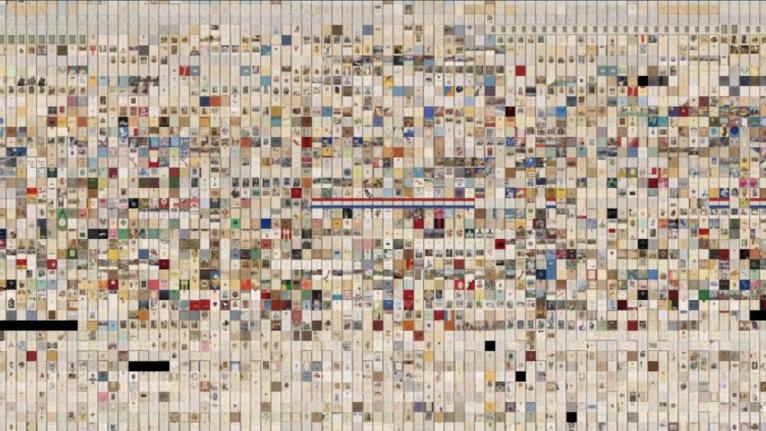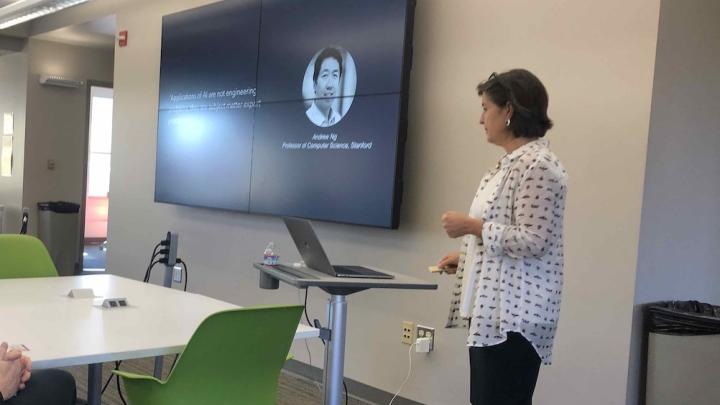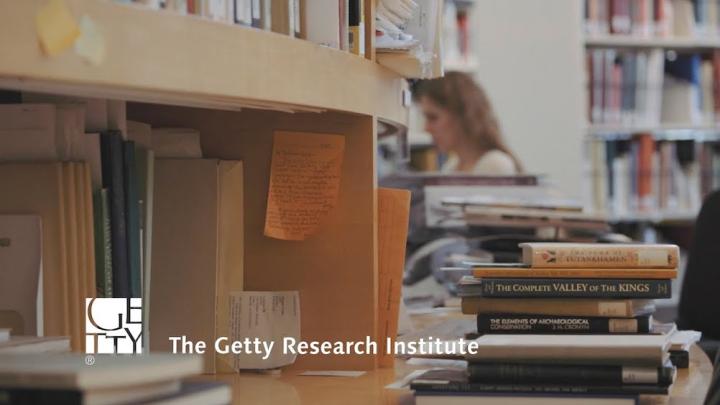The impact of artificial intelligence on libraries and archives, and in turn, the direct bearing of librarianship on the development of intelligent information systems, have become topics of great interest in recent years. On the one hand, artificial intelligence is being deployed more and more to improve library collections and services, from machine-learning-generated metadata to advanced methods for search and discovery. On the other hand, values central to contemporary academic libraries, and to knowledge and memory institutions, more generally -for instance, open access, information literacy, accessibility, and intellectual freedom- can and should inform larger conversations about the development of artificial intelligence, and in particular, the collection and stewardship of the data that powers AI.
During the 2019-2020 academic year, the Ahmanson Lab will host a series of talks exploring these and other intersections between artificial intelligence and libraries.


